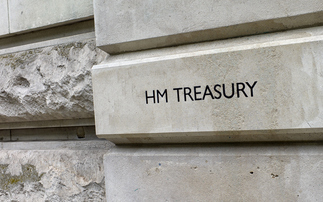Arjun Bhandari, an analyst on Henderson's Diversified Income Limited investment trust looks at the disruptive trends in the economy and how their interaction may be contributing to the current low growth, low inflation environment.
It has been eight years since the financial crisis and the global economic engine is still struggling to get out of first gear. Growth and inflation both remain low, in spite of rock bottom interest rates and massive coordinated global quantitative easing programmes. Why is this the case and what are the implications for investors? Debt trauma Many have subscribed to the 'balance sheet recession' school of thought, a thesis developed by Japanese economist Richard Koo, which suggests consumers retrench and try to shore up their balance sheets by paying down debt and spending less follo...
To continue reading this article...
Join Investment Week for free
- Unlimited access to real-time news, analysis and opinion from the investment industry, including the Sustainable Hub covering fund news from the ESG space
- Get ahead of regulatory and technological changes affecting fund management
- Important and breaking news stories selected by the editors delivered straight to your inbox each day
- Weekly members-only newsletter with exclusive opinion pieces from leading industry experts
- Be the first to hear about our extensive events schedule and awards programmes







